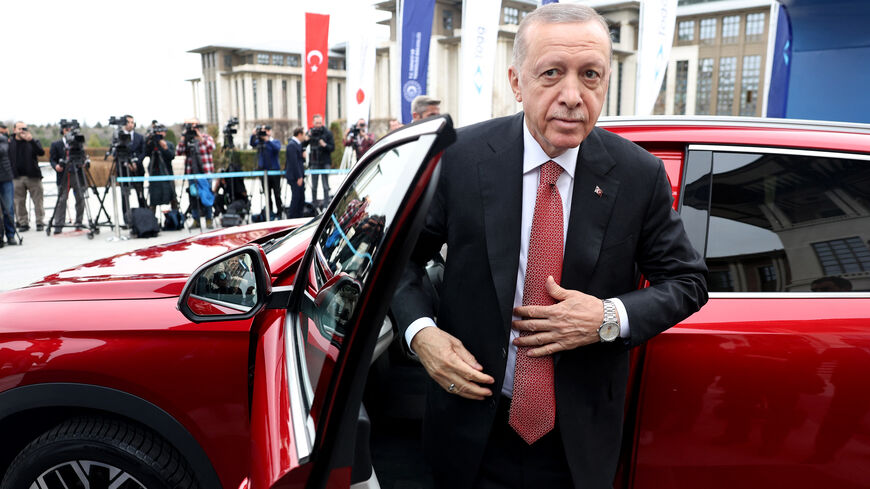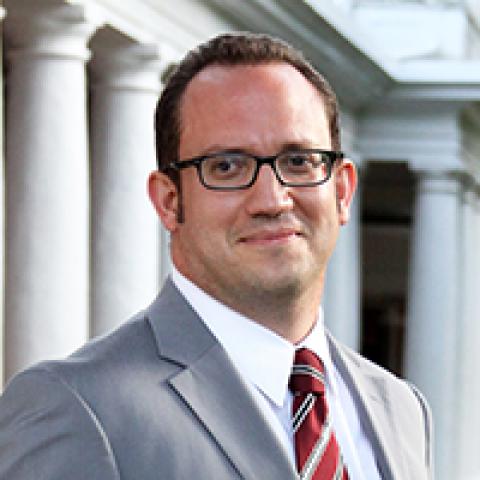As the transatlantic alliance welcomes Finland, Sweden's best chance seems to be to wait for the outcome of Turkey’s May 14 elections in a bid to smoothen the road to its NATO membership, despite the goodwill it has garnered in the Turkish public opinion for its support after the devastating Feb. 6 earthquakes.
Following the Turkish parliament's unanimous ratification, the Nordic country this week officially announced as a NATO member in Washington. The move decoupled Finland's and Sweden’s NATO bids officially, a possibility that Ankara has long pushed while Washington and NATO were unwilling. While NATO talks between Turkey, Finland and Sweden were ongoing, a senior bureaucrat in Turkish national security circles told Al-Monitor that his government could fast-track Helsinki into the alliance.
Throughout 2022 and early 2023, Turkish officials accused the Swedish side of providing a safe haven for groups that Ankara considers “terrorists.” These include the Kurdistan Workers Party (PKK), which many European countries and the United States also designate as a “terrorist organization,” as well as the followers of the US-based Sunni cleric Fethullah Gulen who is accused of masterminding the 2016 coup attempt against the elected Turkish government. A series of protests in Stockholm in January — including one during which demonstrators hanged an effigy of Erdogan and another during which a far-right Danish-Swedish activist burned a copy of Islam’s holy book, the Quran — poisoned the air further and put negotiations between the Turks and the Swedes on hold.
One Turkish diplomat told Al-Monitor on condition of anonymity that the Swedish decision-making processes, which he considered “indecisive,” were part of the problem. “If the Swedes ever ask us why we’re not letting them into NATO, I will tell them that our collective decision-making processes [in the alliance] would get much harder given the judgment of [Swedish] leaders. I will tell them, ‘You people are just not too intelligent to join,’” the diplomat said.
The Swedes, of course, are not oblivious to Turkish concerns. Sweden’s previous government under the Social Democrats signed a memorandum with Ankara in June 2022 along with Finland to address Turkish demands, to which the successor center-right Cabinet remained committed. But one challenge for Stockholm has been the Swedish judiciary’s refusal to extradite suspects who are on Ankara’s “wanted” lists. In February, Swedish authorities went so far as to block another Quran-burning attempt, even though they had previously considered such actions as “freedom of expression.” Earlier this year, Swedish Prime Minister Ulf Kristersson admitted that his country would not be able to meet all of Turkey’s demands.
For some pro-NATO observers in Turkey, the positions of Sweden and Finland vis-a-vis Turkey come with important lessons.
Bahadirhan Dincaslan, former president of the Youth Atlantic Treaty Association of Turkey, a pro-NATO nongovernmental organization, believes Finland’s prospective ascension to NATO might be a harbinger of a major paradigm shift in global politics.
“A return to realism and reason. For too long, many countries, especially in Europe, have been occupied by whimsical and even illusory pursuits, neglecting the long-term results of their actions — the best instance of which was replacing nuclear energy with so-called green energy at the cost of increasing dependence on Russia,” he told Al-Monitor.
Dincaslan added, “Now countries are negotiating on rational grounds and with reason and realism — there is no room for superficial naivety. Turkey asked Finland to get rid of its short-term stance that was harming its long-term gains, and apparently the latter agreed to do so. Sweden should learn from this. NATO is vital for Turkey and vice versa — but if a new member is to join, it is their duty to avoid incompatibility with existing members.”
Ultimately, Sweden’s most realistic option might be to wait for Turkey’s May 14 elections. The opposition bloc, with Kemal Kilicdaroglu as its presidential candidate, has the best shot to secure a parliamentary majority and the all-powerful presidency since Erdogan’s ruling party came to power in 2002. If the main opposition Republican People’s Party (CHP) and Kilicdaroglu win, the new Turkish administration will likely revise some of Erdogan’s more contentious and confrontational foreign policy positions. In that context, a smarter approach by Stockholm and more flexibility from Ankara could lead to Sweden becoming the 32nd member of NATO.







